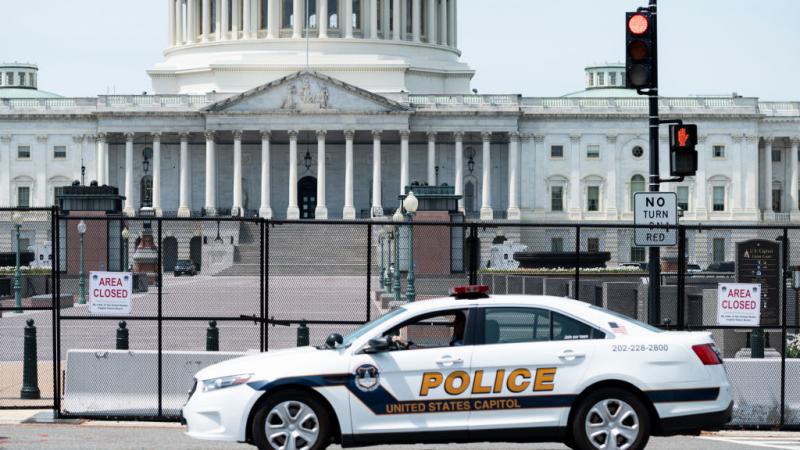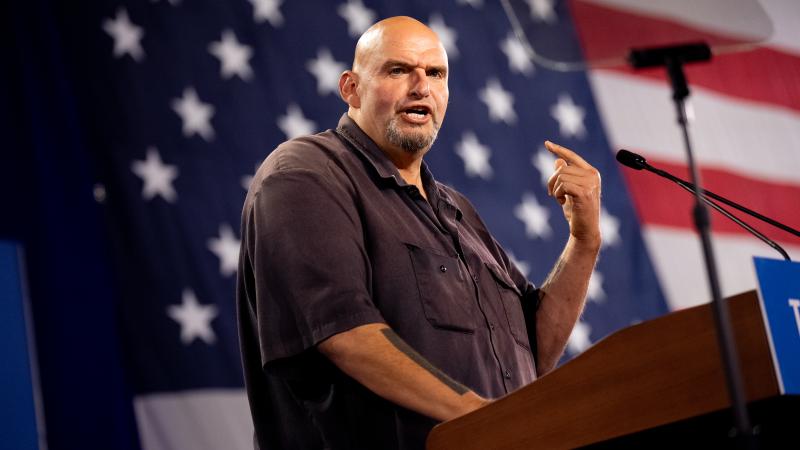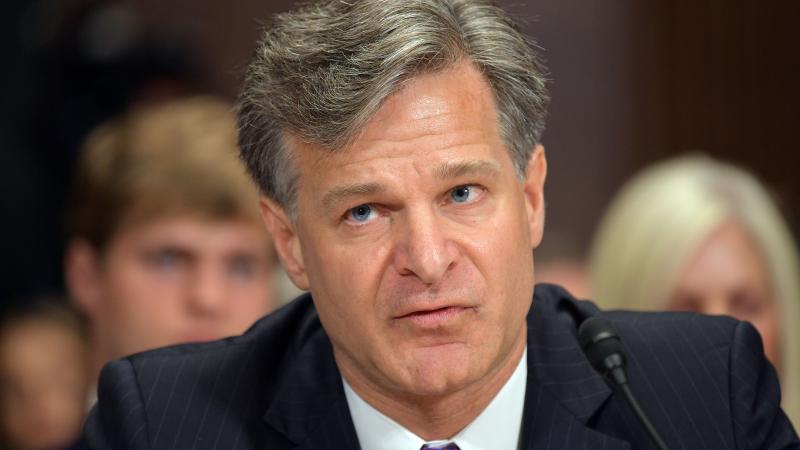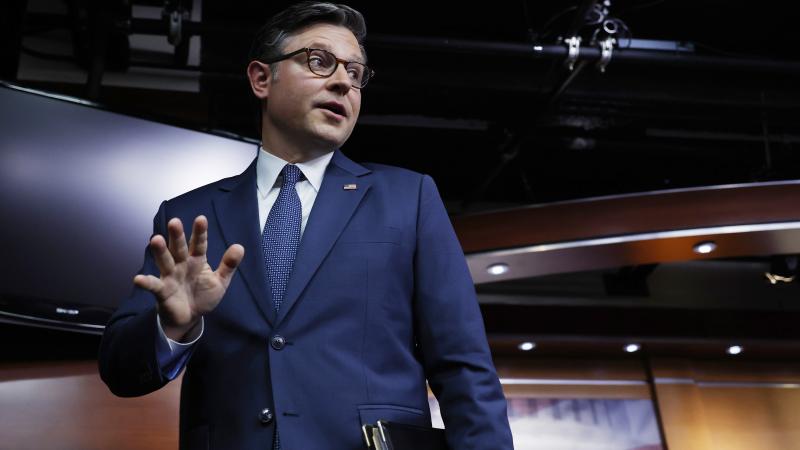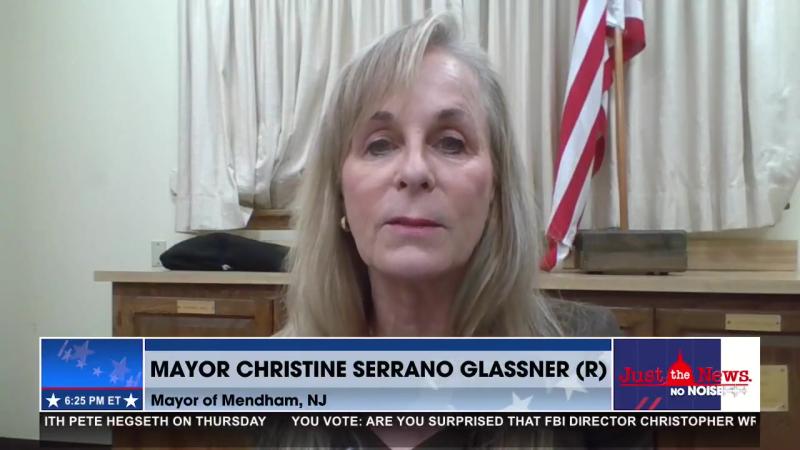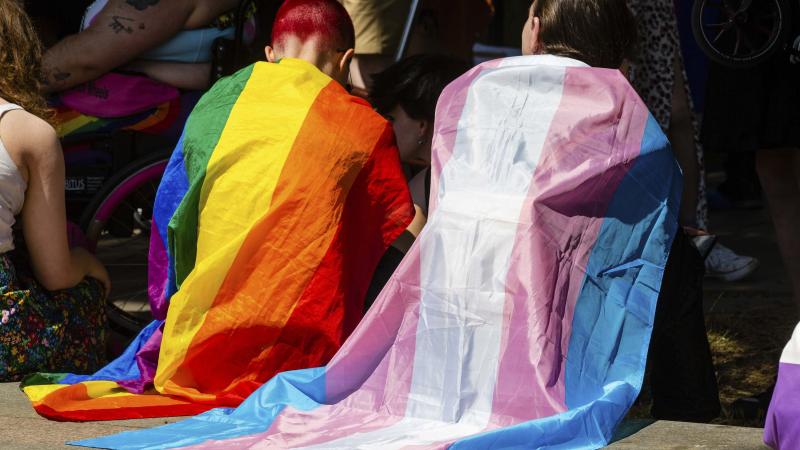Black Lives Matter and Cuba's state-controlled media blame U.S. for economic woes under Cuba regime
Private media companies are outlawed in Cuba and journalists who report criticism of the Communist regime face jail time
Black Lives Matter and Cuba's government-controlled media are blaming the U.S. embargo for the economic problems in the country, which has been led by a Communist regime for decades.
"Black Lives Matter condemns the U.S. federal government’s inhumane treatment of Cubans and urged it to immediately lift the economic embargo," the organization said in a statement.
"This cruel and inhumane policy, instituted with the explicit intention of destabilizing the country and undermining Cubans’ right to choose their own government, is at the heart of Cuba’s current crisis. Since 1962, the United States has forced pain and suffering on the people of Cuba by cutting off food, medicine and supplies, costing the tiny island nation an estimated $130 billion," the statement also reads.
All media outlets are government-controlled in Cuba.
Private media companies are outlawed in Cuba, and journalists who report criticism of the Communist regime face jail time.
According to a Human Rights Watch report in June, "Cuban authorities have jailed and prosecuted several artists and journalists who are critical of the government."
Until 2018, Cuba had prohibited its citizens from starting businesses. The regime is now allowing ownership rights in certain sectors of the economy over time. According to the New York Times, there are sectors of the economy in which private businesses are still not allowed to operate.
Tribuna de La Habana, a government-controlled newspaper, reported that 60 years of U.S. sanctions were the reason that people are taking to the streets and protesting for freedom. An article on the outlet's website praises the Communist regime for breaking up the protests.
"Our enemies do not rest in trying again and again to incite social protests, taking advantage of the complex situation that our country is going through, derived from the serious epidemiological crisis of COVID-19, which is devastating the world," read the article, translated from Spanish. "In our case, the situation is aggravated by an inhumane economic, commercial and financial blockade that the United States government has imposed against Cuba for almost 60 years, with the unhealthy purpose of preventing or hindering the arrival of food, fuel and medicine into the country as much as possible."
The Cuban regime reportedly shut down social media access while the protests were spreading.
Florida Republican Sen. Marco Rubio, a Cuban-American, slammed Black Lives Matter for its statement about the Cuba protests.
“The extortionist ring known as the Black Lives Matter organization took a break today from shaking down corporations for millions and buying themselves mansions to share their support for the Communist regime in Cuba,” Rubio wrote on Twitter.
Rubio and other Republican senators introduced a resolution on Wednesday that "highlights the dictatorship’s long record of oppression against pro-democracy leaders, political opponents, and civic movements."
Announcing the resolution, the committee said that Cuban regime has "arbitrarily detained José Daniel Ferrer, leader of Cuba's Patriotic Union of Cuba (UNPACU), Berta Soler, leader of the Ladies in White, Luis Manuel Otero Alcántara, leader of the San Isidro Movement, and 200 Cubans." No Democrats are co-sponsoring the resolution at this time.
Secretary of State Antony Blinken said Monday it would be a "grievous mistake" for the Cuban regime to place blame on the U.S. for the protests happening in the country.
Recording artist Pitbull, a Cuban-American, said in a video posted on Twitter that the protests in Cuba are about freedom for the Cuban people from the communist regime.

